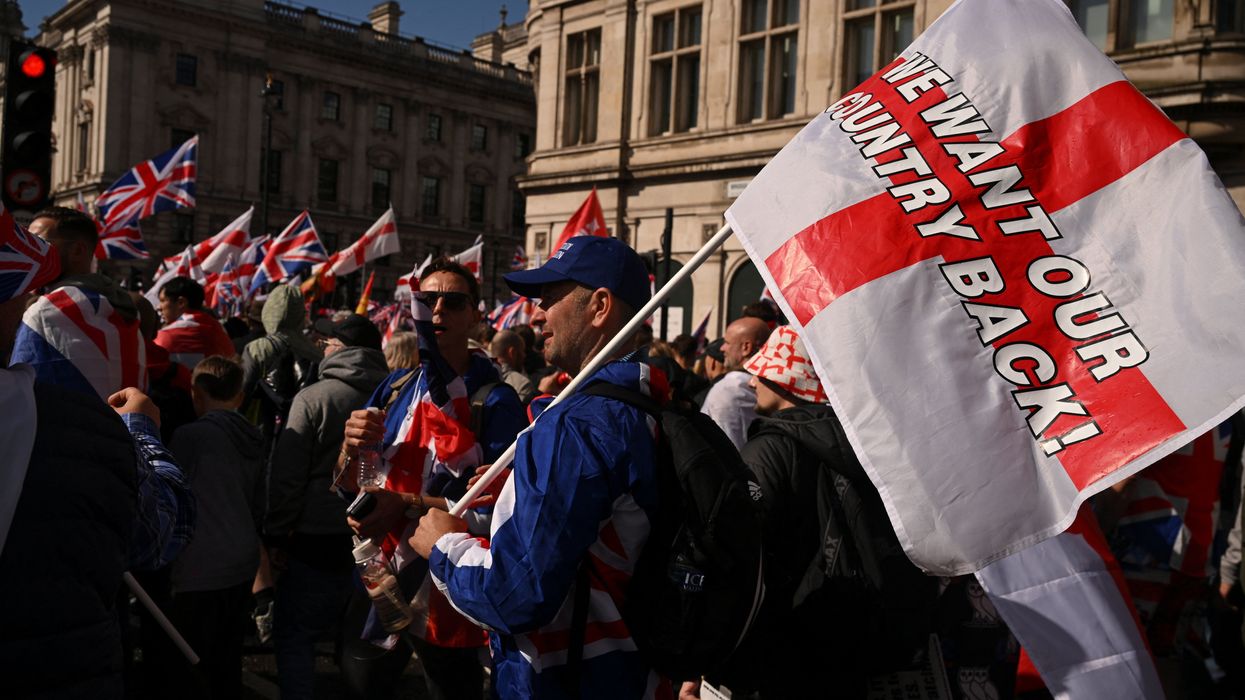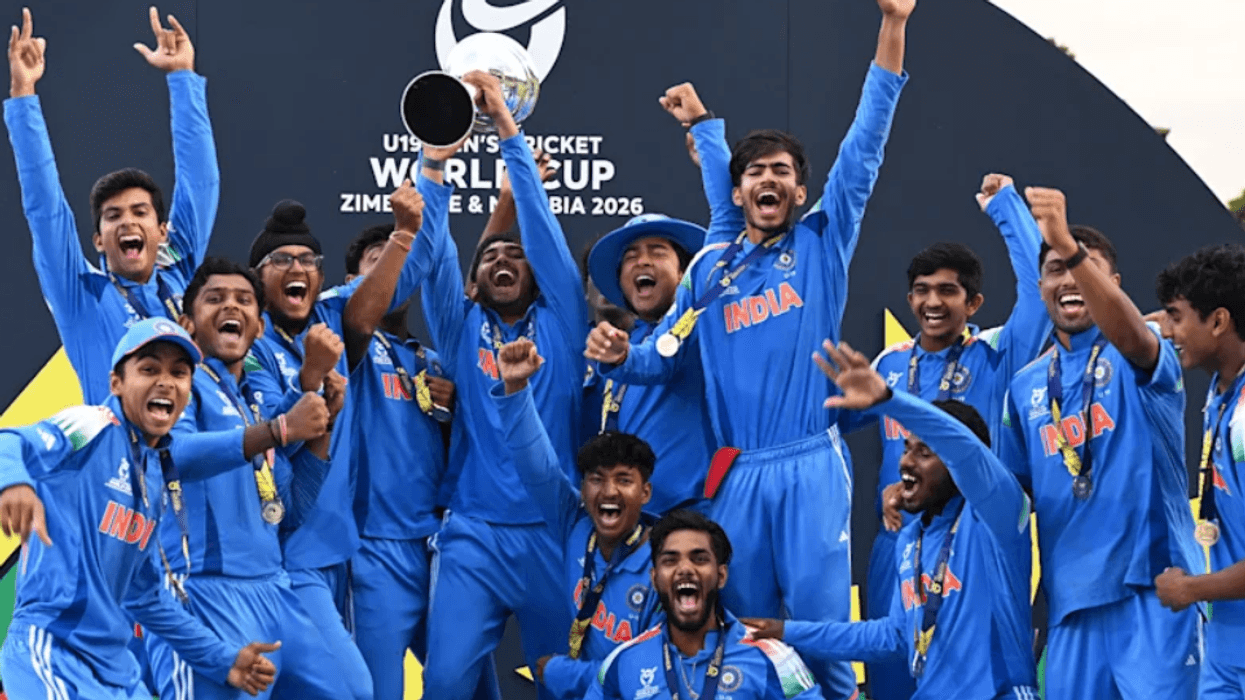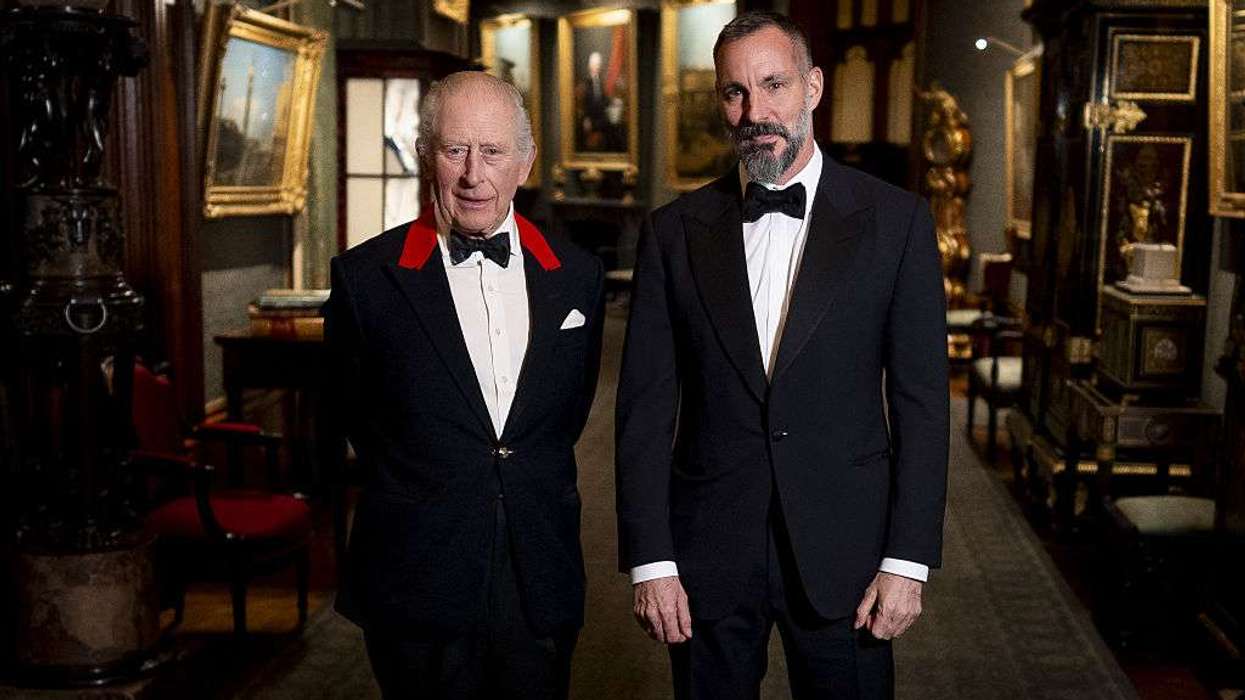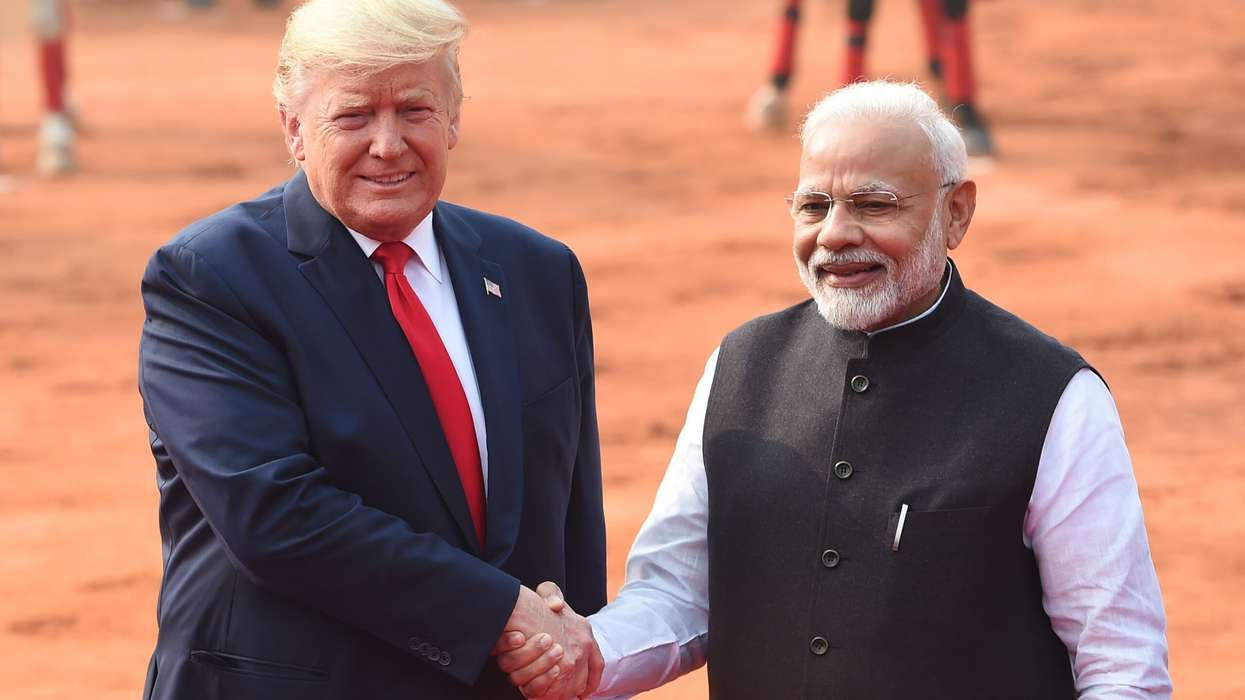WHY ARE we going backwards on racism in Britain? How disappointing to have to ask that in 2025. I have long been an optimist about the future of multi-ethnic Britain, because I felt my country change for the better in each of the four decades since I left primary school. The vocal overt racism on the football terraces of my teenage years was largely shown the red card by the mid-1990s. This century saw much more ethnic minority presence in professional and public life.
But it has got harder to be optimistic this autumn, because of lived experience too. I personally get so much more racist abuse most weeks in 2025 than I ever did in 2005. Black and Asian people have increasingly equal opportunities to reach the top, but a viscerally and unacceptably unequal experience of public space. The worst racist trolls openly boast online of their sense of impunity for racist abuse: a sentiment spilling out in surges of racist graffiti on bus stops, Chinese restaurants, even the playground in my local park.
So it matters that prime minister Sir Keir Starmer has now found his voice again on racism after weeks of anxious silence. He recognised this summer’s surge of racism and insisted that our flags must stand for shared pride, not prejudice. Words do matter in reinforcing social norms. What I want to hear next, in Starmer’s party conference speech in Liverpool, is a commitment to lead a government that will be tough on racism and tough on the causes of racism.
Such a pledge to follow words with action would depend on filling a vacuum in government policy thinking. Starmer’s Sun on Sunday article quickly pivoted to the economy, citing the long shadow of the 2008 financial crash. That is a good explanation of anxiety about the cost of living, the condition of public services and voter impatience with his new government. It does much less to explain the patterns of prejudice, fear and hatred in British society.
Hostile attitudes towards minorities cut across divides by wealth and class. They are more prevalent among older people who have fully paid off their mortgage than young people struggling to find their first deposit. That it was the world’s richest man who championed violence via video-link to the London crowd shows that radicalisation and racism can reach the very apex of the global income distribution. The profile of those people who insist Muslims could never be compatible with western democracy – and believe that a violent convict like Tommy Robinson could be the man to ‘unite the Kingdom’ – has next to no correlation with employment or income levels.
What matters much more is the quantity, quality and distribution of meaningful contact with people from different backgrounds. Political, media and social cues also shape how far those who lack that real-world contact come to fear and hate groups of their fellow citizens as a dangerous, existential threat.
But the centre-left's comfort zone is to code rising prejudice as mainly a by-product of socio-economic anxiety. That risks making racism something to ‘call out’ rhetorically before changing the subject back to wages and the NHS. We need a deeper response. This country did not make our past progress in law, policy or social norms by chance. We need intentional action again to halt regressive forces now. Without a more coherent account of the drivers of prejudice and fear in society, this government will struggle to identify practicable strategies to challenge racism or promote cohesion effectively.
There are nascent efforts to fill the gaps. A low-profile social cohesion taskforce beavers away in Downing Street, though the reshuffle disruption has left it unclear which ministers will lead the policy response. The government has commissioned a working group to define anti-Muslim prejudice, though it will need to overcome its reluctance to explain why this matters to the non-Muslim majority.
My 18-year-old self would be impressed by just how much we now follow up our talk about zero tolerance for racism in football stadiums. He would be baffled, however, by the inconsistency and inaction towards racism outside sport. Like inclusive patriotism, tackling racism should be much more than a 90-minute commitment. The P-word gets routinely used on X (formerly Twitter) to racially abuse home secretary Shabana Mahmood and other public voices ranging from Zarah Sultana on the left to Zia Yusuf of Reform. In more than 95 per cent of cases, the X platform defends unlawful racist harassment. Until there are consequences for the platform protecting and even amplifying its most incessantly racist users, this government will be turning a blind eye to the de facto legalisation of racial hatred in our country.
Being tough on the causes of racism will take complex, contested, long-term work. Being consistently tough on racism itself should be a simple, essential starting point.
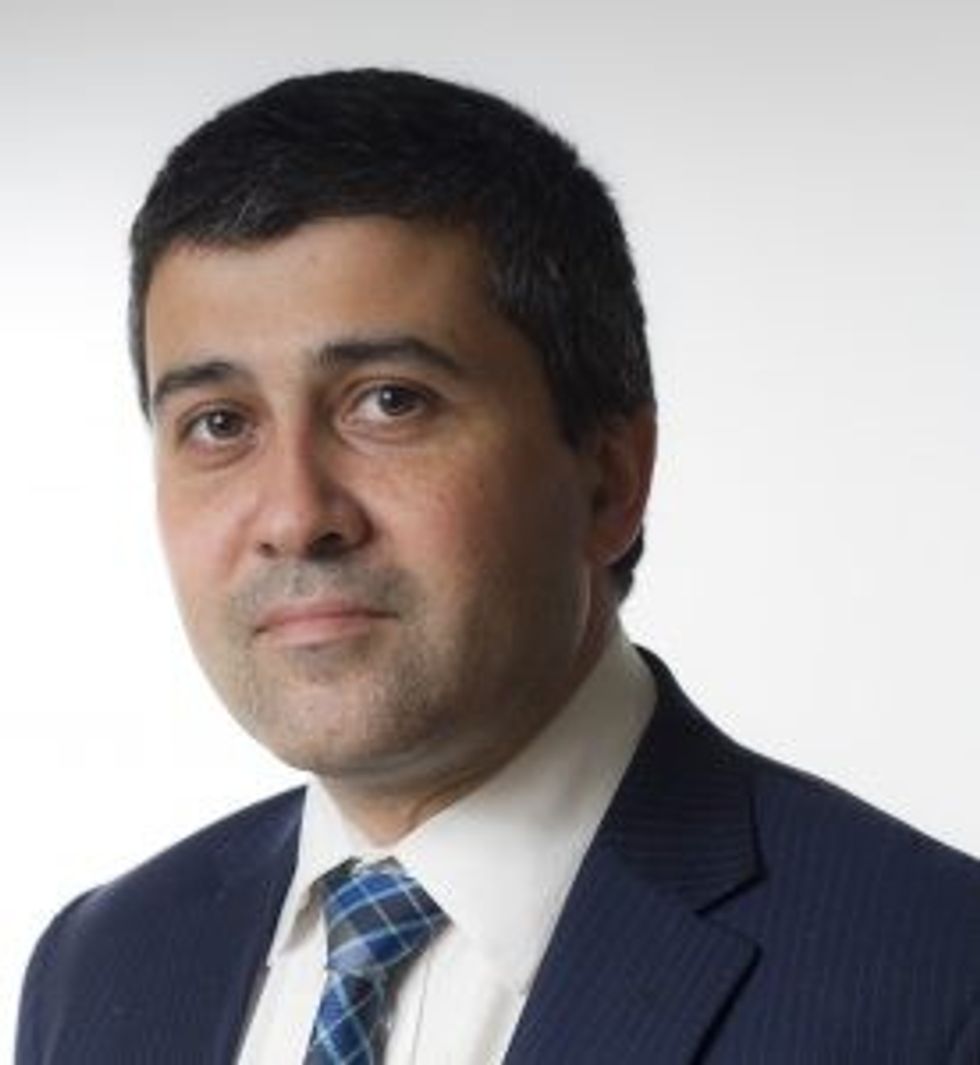 Sunder Katwalawww.easterneye.biz
Sunder Katwalawww.easterneye.bizSunder Katwala is the director of thinktank British Future and the author of the book How to Be a Patriot: The must-read book on British national identity and immigration.
